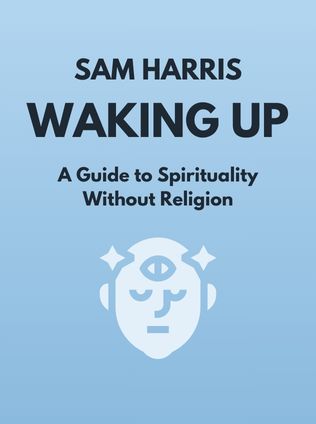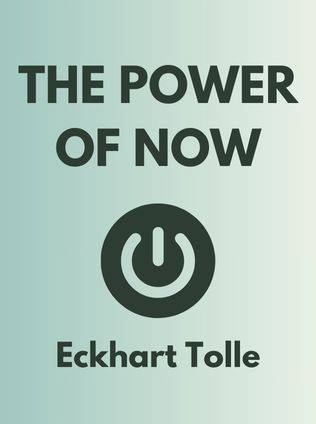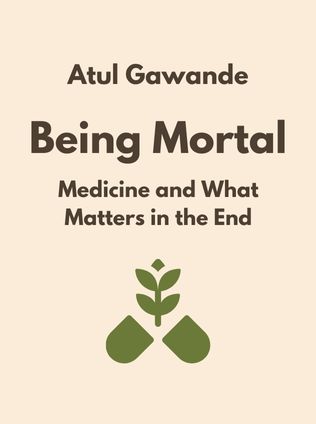
Waking Up
A Guide to Spirituality Without Religion
By Sam Harris
Published 01/2014
About the Author
Sam Harris is a renowned philosopher, neuroscientist, and one of the leading voices in the New Atheist movement. Born in 1967, he has dedicated his career to exploring the intersections of science, philosophy, and spirituality. Harris earned a Ph.D. in neuroscience from UCLA, where he conducted research on the neurological underpinnings of belief, disbelief, and uncertainty. He is also an accomplished author, with best-selling books such as The End of Faith and Letter to a Christian Nation. Harris is known for his sharp critiques of organized religion and his advocacy for a rational, evidence-based approach to spirituality and ethics.
Main Idea
In Waking Up, Sam Harris argues that secular individuals—atheists, agnostics, humanists, and those without religious labels—are missing out on a profound aspect of human experience by rejecting the contemplative practices traditionally associated with religion. Harris posits that higher states of consciousness, often dismissed by the secular community, can be understood and appreciated through the lens of neuroscience and psychology. He advocates for a reason-based approach to spirituality, emphasizing the importance of meditation and mindfulness in achieving peace and contentment.
Table of Contents
- Introduction to Secular Spirituality
- The Nature of Consciousness
- The Illusion of the Self
- Mindfulness and Meditation
- The Path to Enlightenment
- The Practical Benefits of Meditation
Introduction to Secular Spirituality
In the opening chapters of Waking Up, Harris sets the stage by defining what he means by spirituality in a secular context. He argues that spirituality is not about belief in the supernatural but about exploring the nature of consciousness and achieving states of awareness that transcend everyday experience. Harris writes,
“Spirituality begins with a reverence for the ordinary that can lead us to extraordinary insights.” - Sam Harris
He explains that while many people associate spirituality with religious practices, it is possible to achieve spiritual insights through secular means. Harris points to practices such as meditation, which have been shown to alter brain activity and enhance well-being, as tools for achieving these states.
The Appeal of Buddhism
Harris highlights Buddhism as a particularly valuable tradition for secular individuals. Unlike other religions, Buddhism offers a practical framework for achieving spiritual experiences without relying on supernatural beliefs. Harris appreciates Buddhism's empirical approach to spirituality, which encourages practitioners to test its teachings through personal experience.
He notes that while Buddhism includes supernatural elements like reincarnation, its core practices—mindfulness and meditation—can be separated from these beliefs and still be highly effective.
The Nature of Consciousness
One of the central themes in Waking Up is the nature of consciousness. Harris delves into what modern neuroscience and psychology say about consciousness, noting that it remains one of the greatest mysteries in science. He explains that consciousness is the experience of being aware, a subjective phenomenon that science has yet to fully explain.
Sign up for FREE and get access to 1,400+ books summaries.
You May Also Like
The Life-Changing Magic of Tidying Up
The Japanese Art of Decluttering and Organizing
By Marie KondoHeaven Is For Real
A Little Boy's Astounding Story of His Trip to Heaven and Back
By Todd BurpoYou Are A Badass
How to Stop Doubting Your Greatness and Start Living an Awesome Life
By Jen Sincero



















